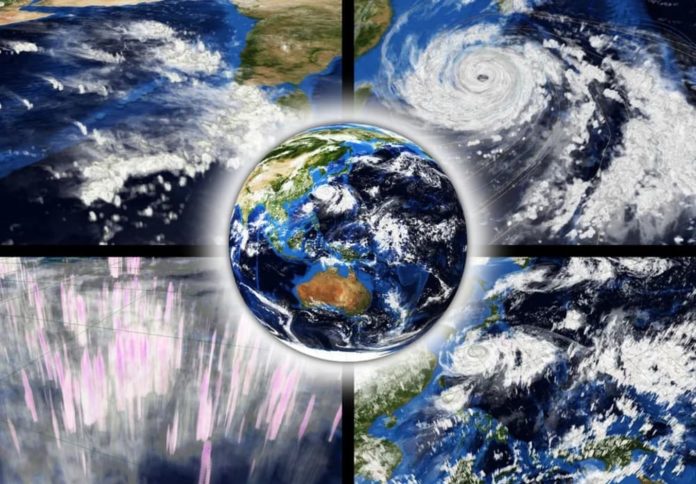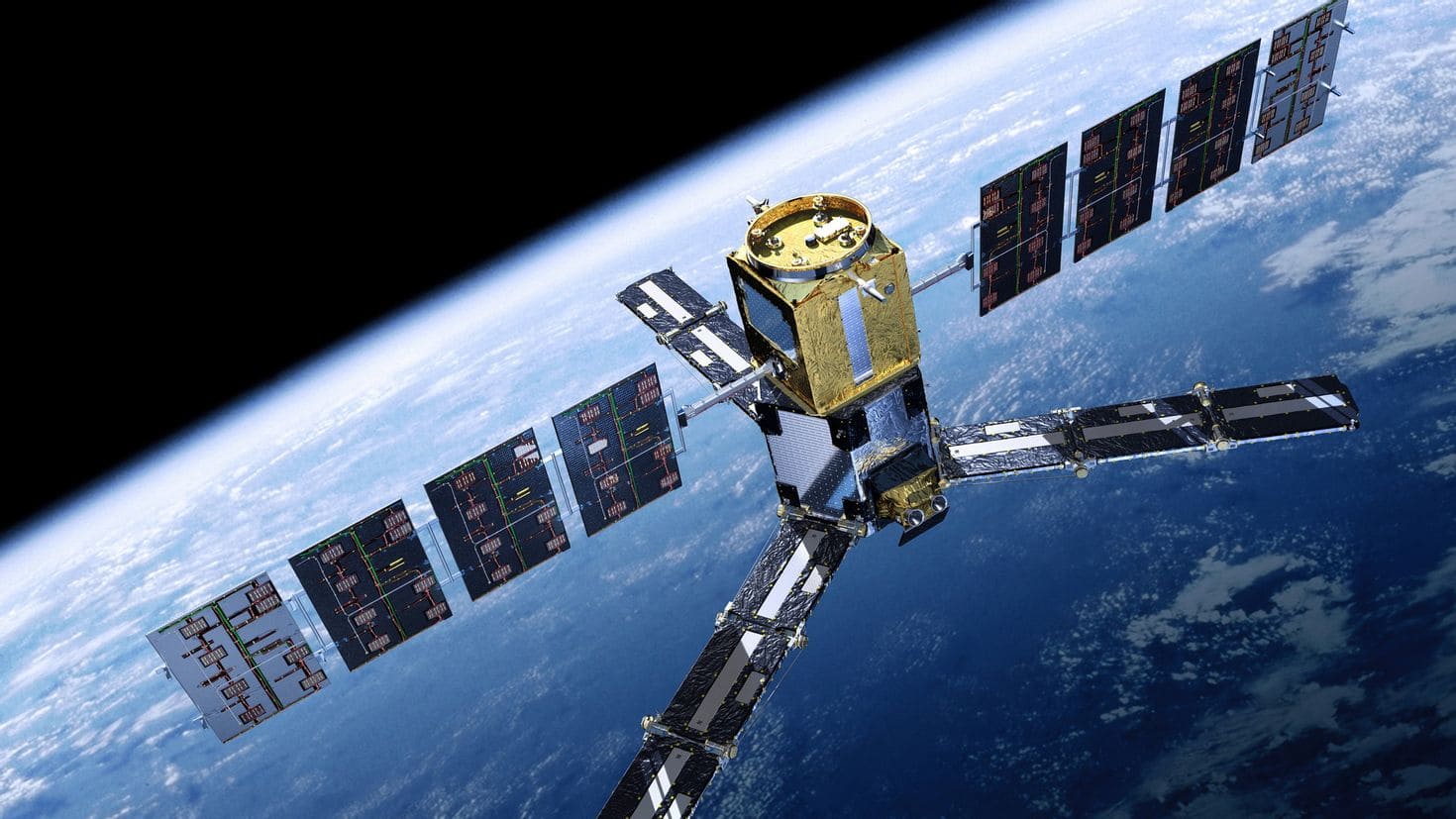Monitoring climate change and its impacts on ecosystems is critical to understanding and mitigating its effects. Satellites play an essential role in this effort, especially in African ecosystems, where diverse landscapes and climates present unique challenges and opportunities. By leveraging advanced technologies, scientists can gather vital data to help address global environmental issues and support sustainable development.
Understanding Earth observation and remote sensing
Satellites equipped with sophisticated sensors are at the forefront of Earth observation. They provide a wealth of data about the planet’s atmosphere, land, and oceans. Remote sensing technology allows these satellites to gather information without direct contact with the Earth’s surface. This technology is particularly useful in monitoring remote or inaccessible areas, such as dense forests or arid deserts.
The role of satellites in climate monitoring
Satellites offer an unparalleled vantage point to observe climate patterns and changes over time. They track variables such as temperature, precipitation, and cloud cover, providing a comprehensive view of the Earth’s climate system. In Africa, satellites have become invaluable tools for monitoring changes across diverse ecosystems, from rainforests to savannas.
Biodiversity monitoring and ecosystem dynamics
One of the critical applications of satellite technology is biodiversity monitoring. African ecosystems host a vast array of species, many of which are sensitive to environmental changes. Satellites can track ecosystem dynamics by observing changes in vegetation, water bodies, and land use.
Deforestation and land use change
Deforestation tracking is a crucial aspect of biodiversity monitoring. Satellites can detect changes in forest cover over time, helping to identify areas at risk of deforestation. This information is vital for conservation efforts, enabling authorities to implement strategies to protect critical habitats and reduce the loss of biodiversity.
Wildlife habitats and conservation efforts
Satellites also assist in monitoring wildlife habitats by providing data on land cover and land use changes. This information helps conservationists identify threats to habitats and develop targeted strategies to protect endangered species. Efforts to preserve biodiversity are supported by data-driven insights from satellite imagery.
Climate change and Its impact on African ecosystems
African ecosystems are particularly vulnerable to climate change, with impacts ranging from altered rainfall patterns to increased desertification. These changes can have profound effects on agriculture, water resources, and human livelihoods.
Greenhouse gas emissions and atmospheric changes
Satellites play a crucial role in tracking greenhouse gas emissions and observing atmospheric changes. By monitoring gases such as carbon dioxide and methane, satellites provide insights into the sources and distribution of emissions. This information is essential for developing policies aimed at reducing emissions and mitigating climate change.
Global temperature rise and ocean currents
The global temperature rise is a critical indicator of climate change. Satellites measure temperature changes across the planet, helping scientists understand the extent of warming and its impacts. Additionally, satellites monitor ocean currents, which are influenced by temperature changes and play a vital role in regulating the Earth’s climate.
Water resources and agricultural practices
Water is a vital resource, and its availability is directly affected by climate change. Satellites help monitor water resources by tracking changes in precipitation, river flows, and reservoir levels. This data is crucial for managing water resources and ensuring a sustainable supply for agricultural, industrial, and domestic use.
Sustainable development and climate adaptation
The insights gained from satellite data are instrumental in promoting sustainable development. By understanding how climate change affects water resources and agriculture, policymakers can implement strategies to promote climate adaptation. This involves adjusting agricultural practices, improving water management, and developing infrastructure that is resilient to climate impacts.
Desertification and glacial retreat
Desertification poses a significant threat to African ecosystems, as it leads to the degradation of land and the loss of productive soil. Satellites help identify areas at risk of desertification, enabling targeted interventions to prevent land degradation.
Similarly, the glacial retreat is a critical concern in mountainous regions of Africa. Satellites provide valuable data on the extent and rate of glacier melting, which impacts water availability for downstream communities and ecosystems.
Urbanization and ecosystem resilience
Urbanization is a growing trend in Africa, with cities expanding rapidly and impacting surrounding ecosystems. Satellites help monitor urbanization effects, such as changes in land use and increased pollution. Understanding these impacts is essential for planning sustainable urban development.
Data analytics and satellite imagery
The data collected by satellites is processed and analyzed using advanced data analytics techniques. This analysis helps extract meaningful insights from the vast amounts of information generated by satellite sensors. Satellite imagery is used to visualize changes in the environment, making it easier to communicate findings and inform decision-making.
Ecosystem resilience and climate adaptation
Ecosystem resilience refers to the ability of ecosystems to recover from disturbances or changes. Satellites provide critical data that helps assess the resilience of African ecosystems to climate change. By understanding which ecosystems are most vulnerable, policymakers can prioritize efforts to enhance their resilience and protect biodiversity.
Satellites have revolutionized the way we monitor climate change and its impacts on African ecosystems. They provide essential data that supports conservation efforts, sustainable development, and climate adaptation strategies. As technology continues to advance, satellites will play an increasingly vital role in understanding and addressing the complex challenges posed by climate change.
Future directions
The future of satellite technology holds great promise for improving our understanding of climate change and its impacts. Advances in sensor technology, data processing, and machine learning will enable more precise and comprehensive monitoring of ecosystems. Collaborations between governments, research institutions, and private companies will be crucial in leveraging these advancements for the benefit of African ecosystems and the global environment.



